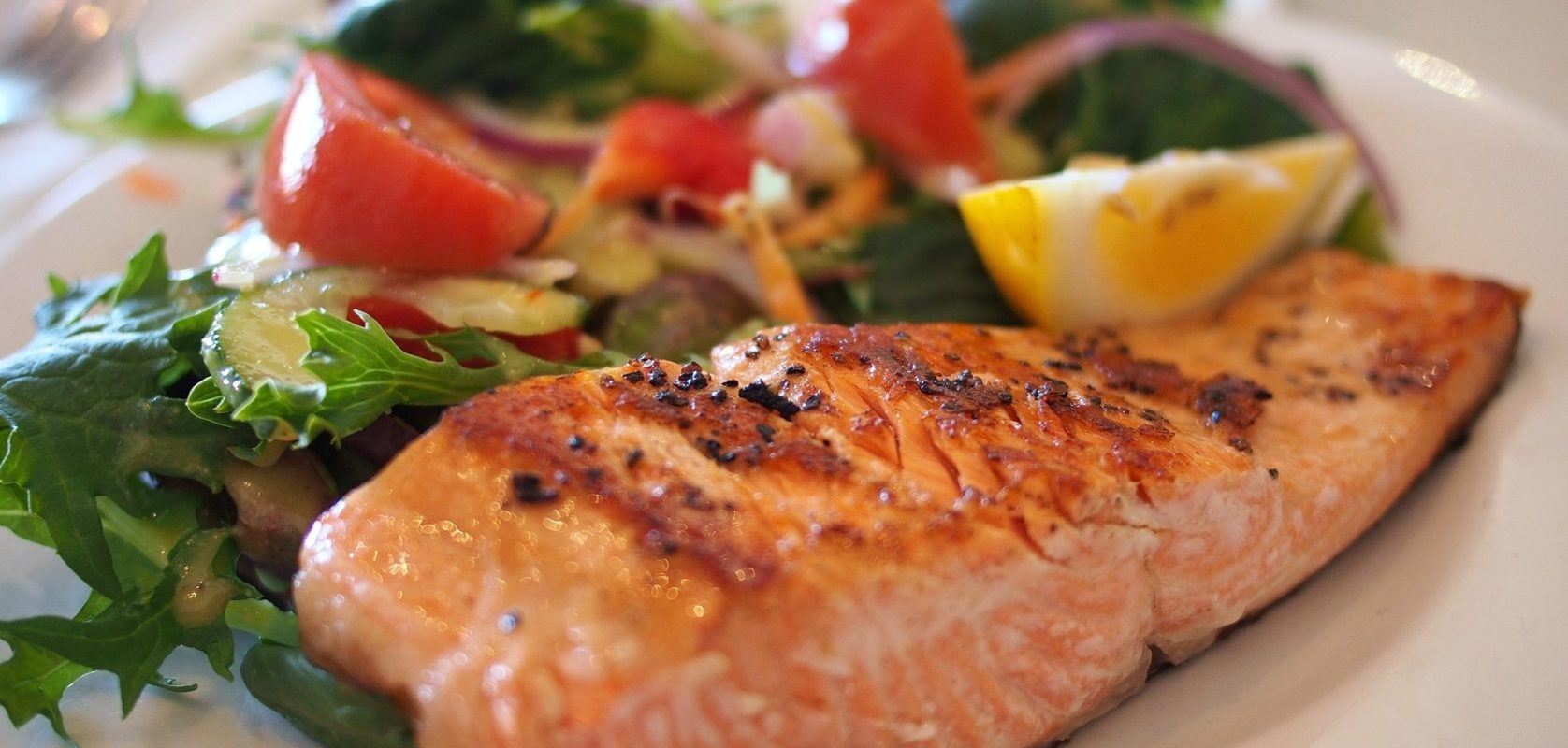3 Nutrition Questions I Always Get Asked
1) What is the Best Diet?
The best diet is the best diet for you and your body! I know, what a frustrating answer. But it is the truth and I am here to tell you the truth no matter how hard it is to hear.
If there was one perfect, set, structured diet for every body, then we would all be healthy and fit right? But we are all so different with different working metabolisms, hormones, as well as lifestyles and preferences.
You must take the time to find which way of eating is best for you and how your body responds to this, here are a few tips to get you started:
- Start with Quality
- Step number one in a healthy diet is eating high quality foods as close to their natural state as possible. Vegetables (local if possible!), fruits, healthy fats (coconut, olives, nuts, seeds), and organic, pasture raised, sustainable meats and seafoods.
- If you start here, just trying to eat less processed and more whole foods you've already made giant leaps to your perfect diet!
- Something that is sustainable for you
- The worst part of fad diets is that they are not always sustainable, you can't just be drinking juice all day everyday, depriving yourself will never work in the long run. Have a plan by setting small goals and work them into your daily habits so they become a sustainable part of your lifestyle.
- For more tips on finding the right diet, check out my 3-part video series "Find the Right Diet For You"
2) How many times a day should I be eating?
You have likely heard contradicting opinions, eat 6 times a day, eat twice a day! And research is a bit torn on which method is best for sustaining weight loss.
However, what I have found is if you are someone who struggles with maintaining blood sugar throughout the day, maybe you are in the pre-diabetic range, your hunger signals are a bit wacky and you struggle with insulin resistance, it may be best for you to try eating more square meals throughout the day.
Meaning, 2 or 3 larger meals instead of snacking all day long. Every time you eat (specifically carbohydrates) your body does produce insulin to bring the sugars from your food into your cells. If you already have problems with insulin sensitivity than can be a stress on your body if your pancreas has to constantly work to produce insulin. This also can affect your hunger signals if you are never giving your body a chance to actually feel a bit of hunger.
Taking time between meals can help give your system and digestion a bit of a break and can actually help straighten out your hunger signals.
So pack your meals with high quality, nutrient dense foods (this is the key, we don't want your blood sugar crashing) and try taking a break from eating throughout your day to see how this works for your system.
3) How do I lose weight?
Start by working on steps 1 & 2 as listed above!
As you have gotten in the habit of eating natural foods than start to decrease inflammation in your body.
Inflammation can hold excess weight and stress in your body, by removing foods that are causing this reaction in your body you can start to shed pounds easily. I have had many clients lose up to 8-10 lbs in the first 2 weeks by simply removing those main inflammatory foods.
You can get your free 4-day guide on how to start to reduce inflammation and lose weight HERE

I realize that nutrition can get complicated and frustrating but the main thing to always remember is to listen to your body! As you start to eat natural foods, adjust your meal times and portions, you will also be more in tune with what makes your body feel good and what does not. If something doesn't make you feel to great, whether its foggy thinking, fatigue, tummy aches, or a poor mood, than it may not be right for you! Listen to these important signals and you are on your way to optimal health!